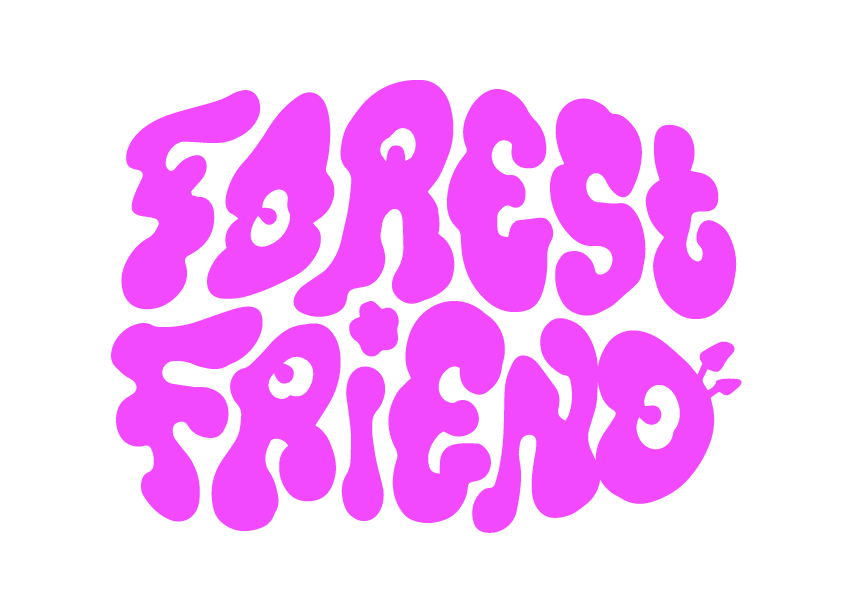(or, Why we need Fewer Holidays and More Festivals)
I’m sick of holidays. Now, I’m not sick of days where I don’t have to get up and go to work and I can just wear stretchy pants all day and eat crackers out of a box while watching the Animal Planet YouTube channel on autoplay (moar pleeze).
What I’m sick of is the madness, excess, obligation and outrage associated with our holidays ’round these parts. The savage and ferocious North American holiday can trigger a host of unpleasant problems: overspending, panic over the “perfect gift”, anxiety over food preparation, a toxic level of pressure to create and maintain the proper attitude and atmosphere, guilt over family obligations and rage over appropriation of the season. Not a December ever goes by without some twat complaining that the True Meaning of Christmas has been usurped, or some poor school board getting someone else’s PC agenda rammed down its gullet over a well-meaning pageant. Even our lesser “optional” holidays like Valentine’s Day and St Patrick’s Day warrant enough decorations, cards, games, themed gifts and Red Dye #40 to wipe out everyone in the Dollarama.

Most of our holidays and annual celebrations originate from either Catholic feast days or ancient pagan festivals. And some holidays, like Christmas and Easter, sprang up in pre-Christian times and then got a haircut and a dogma adjustment to fit into the Roman Catholic calendar. Pagan folk festivals inevitably centred on seasons, weather, agriculture and the various gods and goddesses in charge of these departments. Early Roman Catholicism affixed almost every day of the year to a particular saint, transforming the most important holidays into elaborate spectacles of ritual and rhetoric. (Speaking of the ardour of holiday after holiday, nobody had it worse than the Catholics. No sooner were the remains of the Michaelmas goose cleared away than it was time to haul your cattle to church for a blessing on the feast of St. Francis.)
It’s that same backbone of ritual and rhetoric that undergirds our modern celebratory commitments, and has begun to constrict its pointy ribs around entire months of the year. Now that western power and prosperity is in decline, the way we celebrate holidays seems anachronistic. It’s a throwback to the excess and image-consciousness of the mid-twentieth century, decadent and shameful. Christmas bonuses, paid vacation, flights home and even out-of-season foods are no longer on offer, and the pressure to keep up with irrational traditions (like giving pointless single-function gadgets to each other because we all already have one of everything else) is becoming more and more irritating. And if you think you want special days to celebrate your faith, then actually celebrate! But don’t expect everyone else to showcase their religious devotion similarly, or to appreciate yours.
What we really need are not more holidays or vacation time or days off, but more festivals, in the most barbaric sense of the word. Festivals are not the time to retreat to the four walls of your house with your nuclear family, pay lip service to a religious tradition and cram expensive gifts and/or food into each other’s already bloated houses and/or faces. A festival is a joyful gathering during which people come together to celebrate something that matters to the community, like spring or love or being alive, by eating and drinking and talking and sharing one another’s company — and cooking things with fire and laughing so hard that beer comes out of your nose and farting and singing and falling asleep on the floor.
 By these criteria, I have only ever been to one real, true festival: my father-in-law’s yearly summer party (I’ve only been to one but he holds it every year). He hires a live band, fires up a couple of barbecues and an outdoor fridge, and friends and relatives from miles around set up camp (literally like tents and RVs) in the yard, and talk and sing and eat and dance and consume all manner of magical elixirs until late into the night, and go to sleep under the stars.
By these criteria, I have only ever been to one real, true festival: my father-in-law’s yearly summer party (I’ve only been to one but he holds it every year). He hires a live band, fires up a couple of barbecues and an outdoor fridge, and friends and relatives from miles around set up camp (literally like tents and RVs) in the yard, and talk and sing and eat and dance and consume all manner of magical elixirs until late into the night, and go to sleep under the stars.
I propose we redesign our year to make room for festivals and only celebrate traditional holidays if they’re actually going to be loads of fun. A good model might be the Wheel of the Year, a neopagan invention which amalgamates major feasts from Celtic and Germanic pagan traditions into one framework. The Wheel designates eight festivals that cycle with the earth’s seasons, and many of the dates fall near our traditional holidays, making them easy to work into the calendar. The festivals of the Wheel occur at regularly spaced intervals throughout the year and aren’t tied to particular dates, just particular times of year. The festivals which fall on solstices and equinoxes (Yule, Ostara, Midsummer and Mabon) are known as quarter days, and those that fall midway between these (Samhain, Imbolc, Beltane and Lughnasadh) are known as cross-quarter days.
So here’s Forest Friend’s Proposed Guidelines for Super Awesome Festival Fun Times and How to Celebrate Them:
 Samhain (sahw-en) (31 Oct – 2 Nov, or the date of first frost) This is a Gaelic harvest festival, the beginning of the “darker half” of the year, and traditionally the Celtic new year.
Samhain (sahw-en) (31 Oct – 2 Nov, or the date of first frost) This is a Gaelic harvest festival, the beginning of the “darker half” of the year, and traditionally the Celtic new year.
Purist: Light some hardcore bonfires, share autumn food and honour ancestors and the departed with songs and stories.
Slacker: Light some candles, read an HP Lovecraft short story and bicker about narrative frameworks. (No really, that’s exactly what we did last Halloween. It also may have involved not answering the door and hoarding all the candy.)
Yule (19 – 23 Dec at the solstice) Known by the Romans as Saturnalia. Celebrate the new solstice sun and the beginning of winter.
Purist: Decorate evergreen branches or trees with nuts and fruit (and water them or you will get pine needles all over your house) to symbolize the bounty that the coming year will bring. Burn candles and a Yule log and scatter the ashes in the garden or field. Share meals and give gifts to the needy.
Slacker: Make your friends bring over delicious food, drink lots of mulled wine and play an alcohol-fuelled game of Settlers of Catan.
Imbolc (2 – 7 February) Celebrate the nearing of winter’s end and coming signs of spring.
Purist: Clean the house and burn candles to encourage the return of warm weather. Eat dairy, lamb and winter vegetables.
Slacker: Turn up the heat and don’t leave the house, since February in Canada is intolerable. If your city has a transit strike, play groundhog by burrowing under the covers and not coming out until spring.
Ostara (19 – 23 March at the equinox) A celebration of dawn and spring!
Purist: Watch farm animals give birth and honour youth, children and fertility. Have a meal of rabbit, lamb, eggs, fresh greens and bread and fruits.
Slacker: Go to the zoo if it’s open. Hug your cat. Have some “eggie in a basket” — cut a hole in a piece of bread, put it in a pan and drop an egg in the hole, then fry until done and top with cheese and spring onions.
Beltane (30 April – 2 May) May Day celebrates the hopeful expectation of summer.
Purist: Celebrate fertility and the balance between masculine and feminine. Hang flowers, decorate trees with ribbon and light fires — this is a time to dance and to make love. Scandinavia and northern European countries celebrate Walpurgis Night with bonfires, picnics and pranks on the eve of May 1.
Slacker: Have sex in the woods. Or at least by an open window.
Midsummer (19 – 23 June on the solstice) A celebration of the summer solstice and longest day of the year.
Purist: Hold a concert, have bonfires, fireworks or other colourful displays on the eve before the solstice. Passion and fertility are considered to be at their peak. This is a fortuitous night to pick medicinal herbs.
Slacker: Go see an outdoor film. Interpret “medicinal herbs” as you see fit.
Lammas or Lughnasadh (loo-na-sa) (around 1 August) This is a time to celebrate the beginning of harvest season and to bless the crops.
Purist: Light fires and feast on foods featuring summer berries and the first fruits of the harvest. It is an auspicious time to embark upon a serious relationship, to wed, or to rent or buy a house.
Slacker: Eat blueberry pie and browse Kijiji for a new apartment.
Mabon (20-24 September on the equinox) This is the harvest festival and the celebration of the autumnal equinox.
Purist: It is important to share food with friends and with those in need, to show your thankfulness for the prosperous harvest. Eat dishes made from autumn foods, nuts and the fruit of the vine.
Slacker: Go to a fall fair in a rural area. Watch vegetables of unbelievable size being judged and large ruminants perform feats of strength. Consume local brew.
Rinse and repeat to make your year festi-ful!

